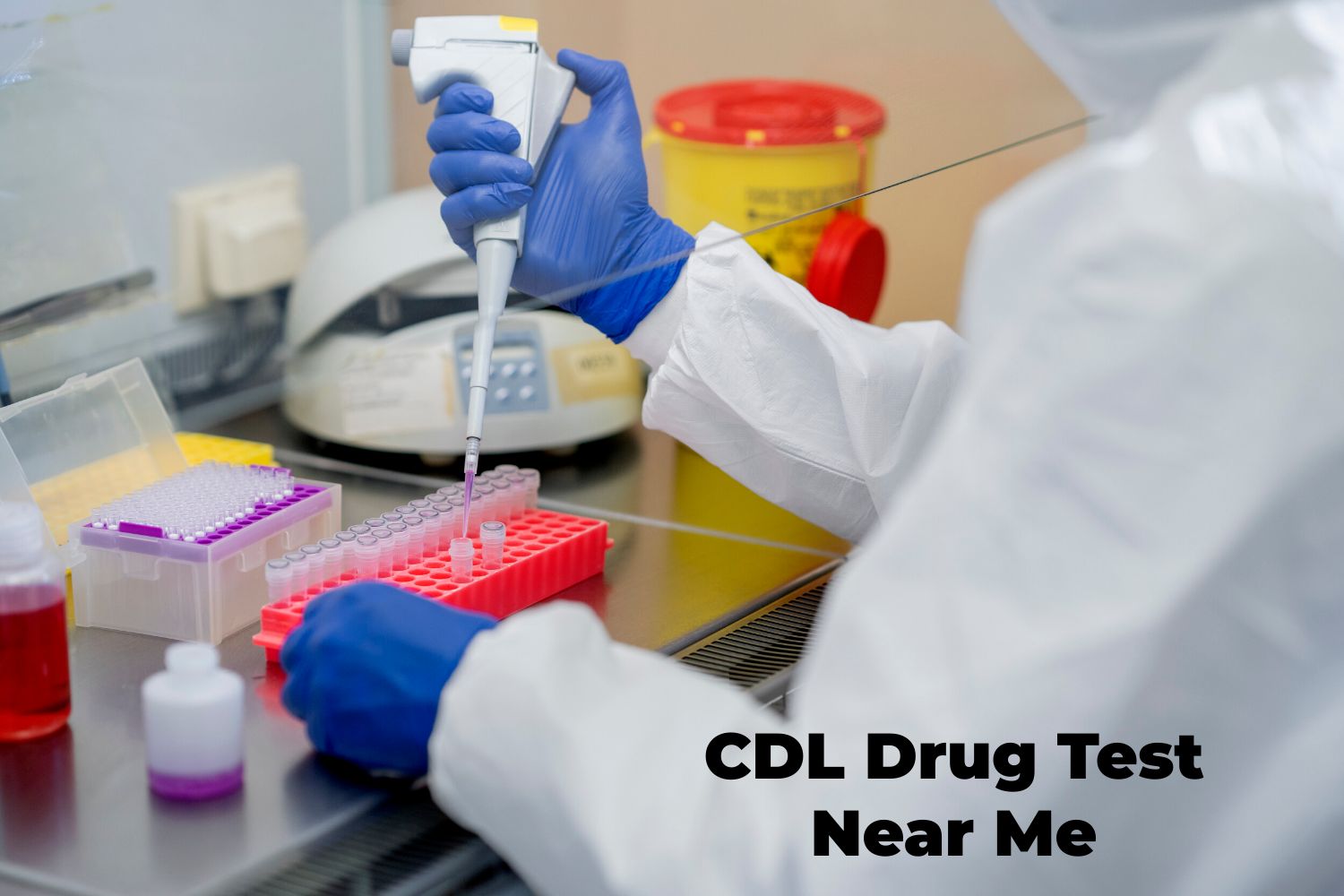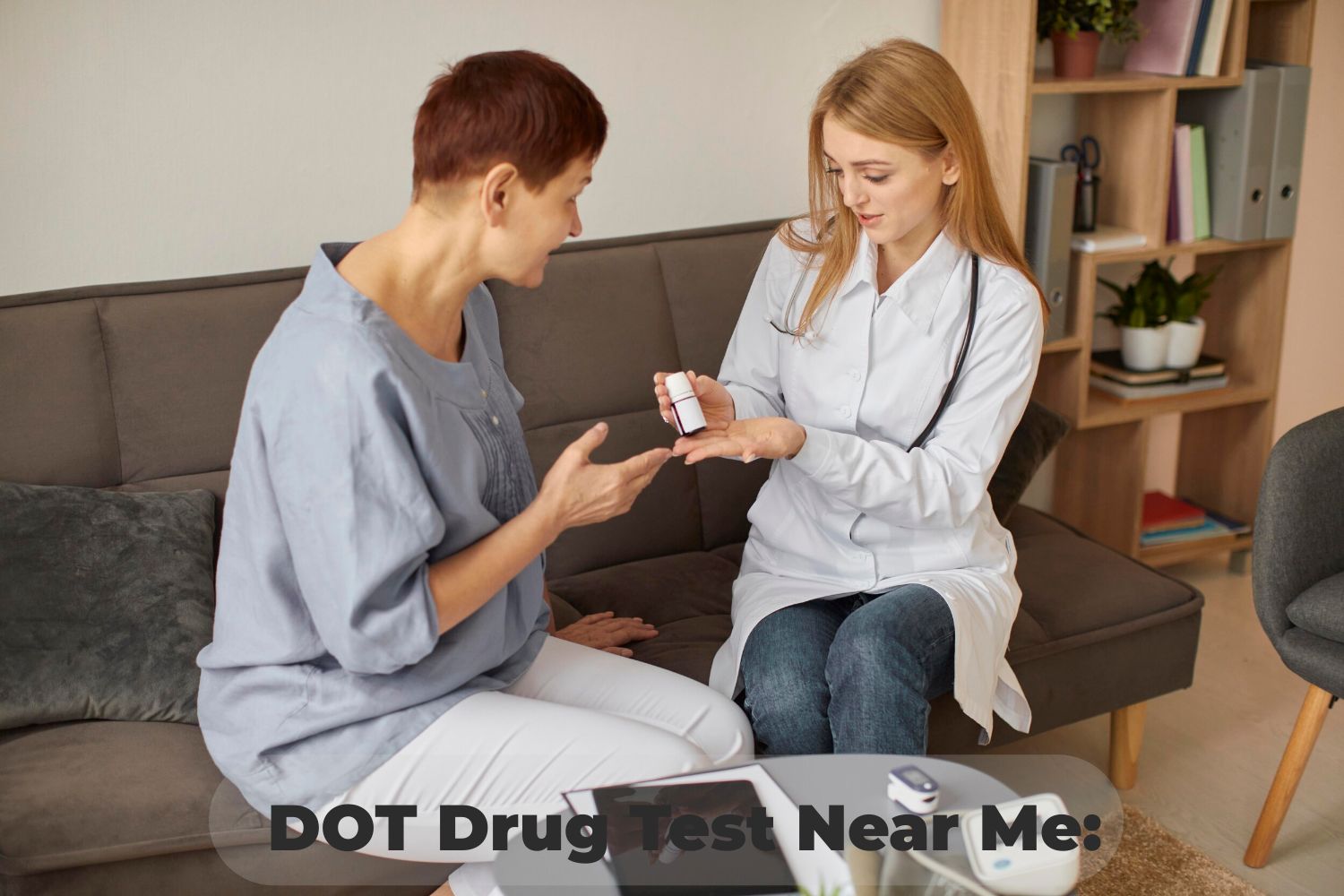Urgent Care vs. Emergency Room: Navigating Healthcare Choices in Brisbane
Last Updated on November 11, 2023 by Lily
In the dynamic landscape of healthcare services, understanding the differences between urgent care and the emergency room is crucial for making informed decisions about seeking medical attention. This comprehensive exploration focuses on Brisbane, shedding light on when to choose urgent care over the emergency room, guiding residents in navigating the intricacies of their healthcare choices.
The Distinctions Between Urgent Care and Emergency Room Services
Urgent care centers are designed to provide timely medical assistance for non-life-threatening issues. They offer services such as treatment for minor injuries, illnesses, vaccinations, and diagnostic services. On the other hand, emergency rooms are equipped to handle severe and life-threatening conditions, providing trauma care, surgeries, and immediate response to emergencies.
When to Choose Urgent Care in Brisbane
Managing Non-Emergency Medical Needs
Urgent care is optimal for non-emergency medical needs, including minor injuries, flu symptoms, allergies, and preventive care services. Brisbane residents benefit from the accessibility of urgent care after regular business hours, providing immediate medical attention during evenings, weekends, and public holidays.
Access to Immediate Care After Hours
The convenience of urgent care centers extends to their accessibility after regular business hours. Residents appreciate the availability of medical assistance during evenings, weekends, and public holidays, ensuring prompt attention when non-emergency situations arise.
Cost-Effective Alternatives
Urgent care offers cost-effective alternatives for non-emergent issues. Choosing urgent care for non-life-threatening concerns can help residents avoid potentially higher costs associated with emergency room visits for situations that do not warrant immediate critical care.
Knowing When to Choose the Emergency Room
Addressing Life-Threatening Emergencies
Emergency rooms are indispensable for life-threatening situations. Immediate attention in an emergency room is crucial for severe injuries, chest pain, respiratory distress, or other critical conditions. These facilities are equipped to handle major traumas and perform surgeries promptly.
Handling Major Traumas and Surgeries
Emergency rooms play a crucial role in managing major traumas and performing surgeries. They are equipped with advanced diagnostic tools, offering a comprehensive approach to critical medical assessments. Emergency rooms provide a vital lifeline for situations that demand specialized medical interventions.
Access to Comprehensive Diagnostic Tools
The diagnostic capabilities of emergency rooms include advanced imaging, laboratory tests, and specialized medical equipment. These facilities offer a comprehensive approach to critical medical assessments, ensuring accurate and swift diagnosis in emergency situations.
Choosing Based on Severity and Urgency
Determining Severity of the Medical Concern
Residents are encouraged to assess the severity of their medical concerns to determine whether urgent care or the emergency room is more appropriate. Understanding the urgency of the situation is crucial in making informed healthcare decisions.
Considering Response Time
The response time in healthcare decisions is significant. Urgent care centers provide quick attention for non-emergencies, while emergency rooms prioritize immediate response for critical cases. Residents are guided to consider response times in alignment with the nature of their medical concern.
Evaluating Personal Health Insurance Coverage
Residents are advised to consider their health insurance coverage when making healthcare choices. Understanding coverage differences between urgent care and emergency room visits can empower individuals to make decisions aligned with their insurance policies.
The Role of Urgent Care in Brisbane’s Healthcare Landscape
Alleviating Strain on Emergency Room Resources
Urgent care plays a crucial role in alleviating strain on emergency room resources. By addressing non-emergency concerns promptly, urgent care centers contribute to a more streamlined operation in emergency rooms, allowing them to focus on critical cases.
Promoting Preventive Care and Wellness
Urgent care centers contribute to preventive care and wellness initiatives. They offer vaccinations, routine check-ups, and health screenings, actively promoting the well-being of Brisbane residents. Residents can access these services conveniently, contributing to overall community health.
Community-Centric Healthcare Solutions
Urgent care is known for its community-centric approach, catering to the diverse healthcare needs of Brisbane residents. These centers provide accessible and patient-friendly healthcare, contributing to a more responsive and community-driven healthcare environment.
Navigating Urgent Care and Emergency Room Choices: A Guide for Brisbane Residents
Understanding Local Urgent Care Options
Residents are provided insights into various urgent care centers in Brisbane. Details on locations, services, and patient reviews empower residents with information to make informed choices aligned with their healthcare needs.
Educating the Community on Healthcare Decision-Making
The blog stresses the importance of community education on healthcare decision-making. Residents are encouraged to be proactive in understanding the services offered by both urgent care and emergency rooms, fostering a community that makes informed healthcare choices.
Promoting Responsible Healthcare Utilization
Residents are reminded of the need for responsible healthcare utilization. Choosing healthcare services based on the nature and urgency of medical concerns ensures efficient and effective use of available healthcare resources.
Promoting Proactive Health Management
Encouraging Preventive Measures
Proactive health management is emphasized, encouraging residents to take advantage of preventive measures offered by urgent care centers. Vaccinations, routine check-ups, and health screenings contribute to maintaining optimal well-being.
Educating the Community on Preventive Healthcare
The role of community education in preventive healthcare is highlighted. Residents are urged to actively engage with preventive services to identify and address potential health issues before they escalate.
Navigating Urgent Care and Emergency Room Choices: A Guide for Brisbane Residents (Continued)
Understanding Health Insurance Policies
Insights into health insurance policies are provided. Residents gain a deeper understanding of coverage differences between urgent care and emergency room visits, enabling them to align their healthcare choices with their insurance policies.
Emphasizing Financial Considerations
Financial considerations associated with healthcare choices are discussed. Residents are empowered to make decisions that align with their budget and insurance coverage, promoting financial responsibility in healthcare utilization.
Community Outreach and Health Literacy Programs
Role of Community Outreach
The role of community outreach programs in enhancing health literacy is explored. Urgent care centers actively engage with the community through educational initiatives, workshops, and outreach events, contributing to improved overall health literacy.
Collaboration Between Healthcare Providers and the Community
The importance of collaboration between healthcare providers and the community is highlighted. Open communication and partnership foster a deeper understanding of available healthcare services, enabling residents to make informed choices.
Future Trends in Urgent Care and Emergency Medicine
Incorporation of Telehealth Services
Emerging trends in healthcare, such as the incorporation of telehealth services in urgent care, are discussed. Virtual consultations provide an additional layer of accessibility, offering convenient options for certain medical consultations.
Technological Advancements in Emergency Room Care
Technological advancements in emergency room care are explored. Ongoing innovations contribute to more efficient and effective emergency medical services, ensuring that patients receive the best possible care.
The Evolving Healthcare Landscape in Brisbane
Adaptations in Response to Community Needs
The blog highlights how healthcare providers in Brisbane continually adapt to evolving community needs. Responsive urgent care and emergency room services ensure that residents receive high-quality care tailored to their unique healthcare requirements.
Integration of Urgent Care into Primary Healthcare Networks
The integration of urgent care into primary healthcare networks is explored. This collaboration enhances continuity of care, allowing patients to seamlessly transition between urgent care, primary care, and emergency room services.
Empowering Individuals Through Knowledge and Choice
Ongoing Education Initiatives
The importance of ongoing education initiatives is stressed. Healthcare providers continually educate the community on changes in healthcare services, advancements in medical technology, and the evolving role of urgent care and emergency rooms.
Informed Decision-Making for Better Health Outcomes
The positive impact of informed decision-making on individual health outcomes is emphasized. Residents empowered with knowledge about available healthcare options can make decisions aligned with their health needs, leading to better overall health outcomes.
Continued Commitment to Accessible and Quality Healthcare
Ensuring Accessibility for All Residents
In conclusion, the commitment to accessible and quality healthcare for all Brisbane residents is reinforced. Whether seeking care at an urgent care center for non-emergencies or turning to emergency rooms for critical situations, the goal is to ensure that every individual receives prompt, appropriate, and compassionate medical attention.
Frequently Asked Questions
1. What types of medical issues can be addressed at an urgent care center in Brisbane?
Urgent care centers in Brisbane are equipped to address a wide range of non-emergency medical issues, including minor injuries, common illnesses, vaccinations, and diagnostic services.
2. When should I choose urgent care over the emergency room in Brisbane?
Urgent care is ideal for non-emergency medical needs, providing swift solutions for issues that are not life-threatening. If you have minor injuries, flu symptoms, or other non-critical concerns, urgent care is a cost-effective and convenient option.
3. Can urgent care centers in Brisbane handle medical concerns after regular business hours?
Yes, urgent care centers in Brisbane are designed to provide accessible healthcare beyond regular business hours. This includes evenings, weekends, and public holidays, ensuring residents have immediate access to medical assistance.
4. What types of medical situations warrant a visit to the emergency room in Brisbane?
Emergency rooms in Brisbane are designed to handle life-threatening emergencies, severe injuries, chest pain, respiratory distress, and critical medical conditions that require immediate attention and specialized care.
5. How can I determine the severity of my medical concern to choose between urgent care and the emergency room?
Consider the nature and urgency of your medical concern. Urgent care is suitable for non-emergencies, while the emergency room is reserved for critical situations. Assessing the severity helps in making an informed decision.
6. Does my health insurance coverage differ between urgent care and emergency room visits?
Yes, health insurance coverage may differ between urgent care and emergency room visits. Residents are advised to understand the coverage details of their health insurance policies to make financially informed healthcare decisions.
7. Are there community outreach programs in Brisbane to educate residents on healthcare decision-making?
Yes, many healthcare providers and urgent care centers in Brisbane actively engage in community outreach programs. These initiatives aim to enhance health literacy, educate residents on available healthcare services, and promote responsible healthcare utilization.
8. How do technological advancements, such as telehealth services, impact urgent care in Brisbane?
Technological advancements, including the incorporation of telehealth services, enhance accessibility to urgent care in Brisbane. Virtual consultations provide additional convenience, allowing residents to seek certain medical consultations remotely.
9. What is the role of ongoing education initiatives in healthcare decision-making in Brisbane?
Ongoing education initiatives play a crucial role in keeping the community informed about changes in healthcare services, technological advancements, and the evolving roles of urgent care and emergency rooms. This education empowers residents to make informed decisions about their healthcare.
10. How can residents contribute to responsible healthcare utilization in Brisbane?
Residents can contribute to responsible healthcare utilization by actively seeking preventive care, understanding their health insurance coverage, and making informed choices based on the nature and urgency of their medical concerns. This ensures efficient and effective use of available healthcare resources.



